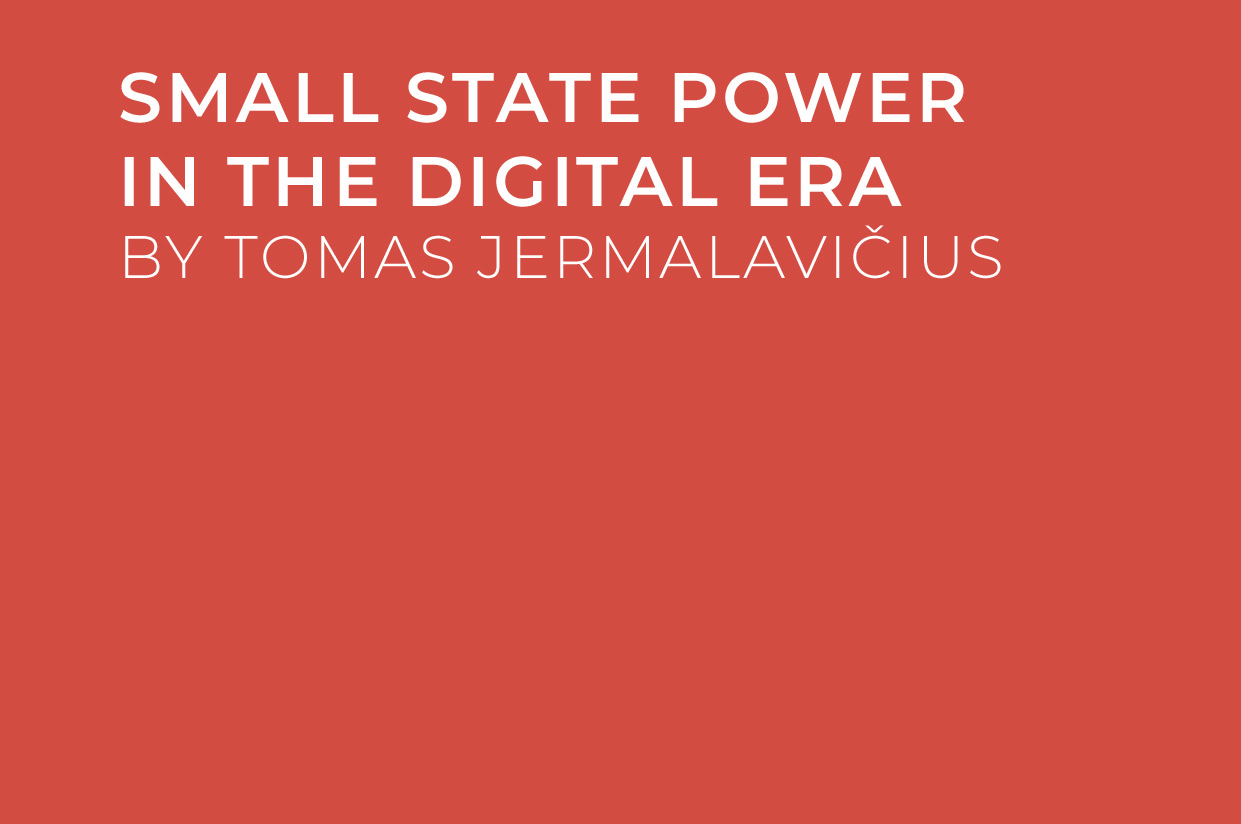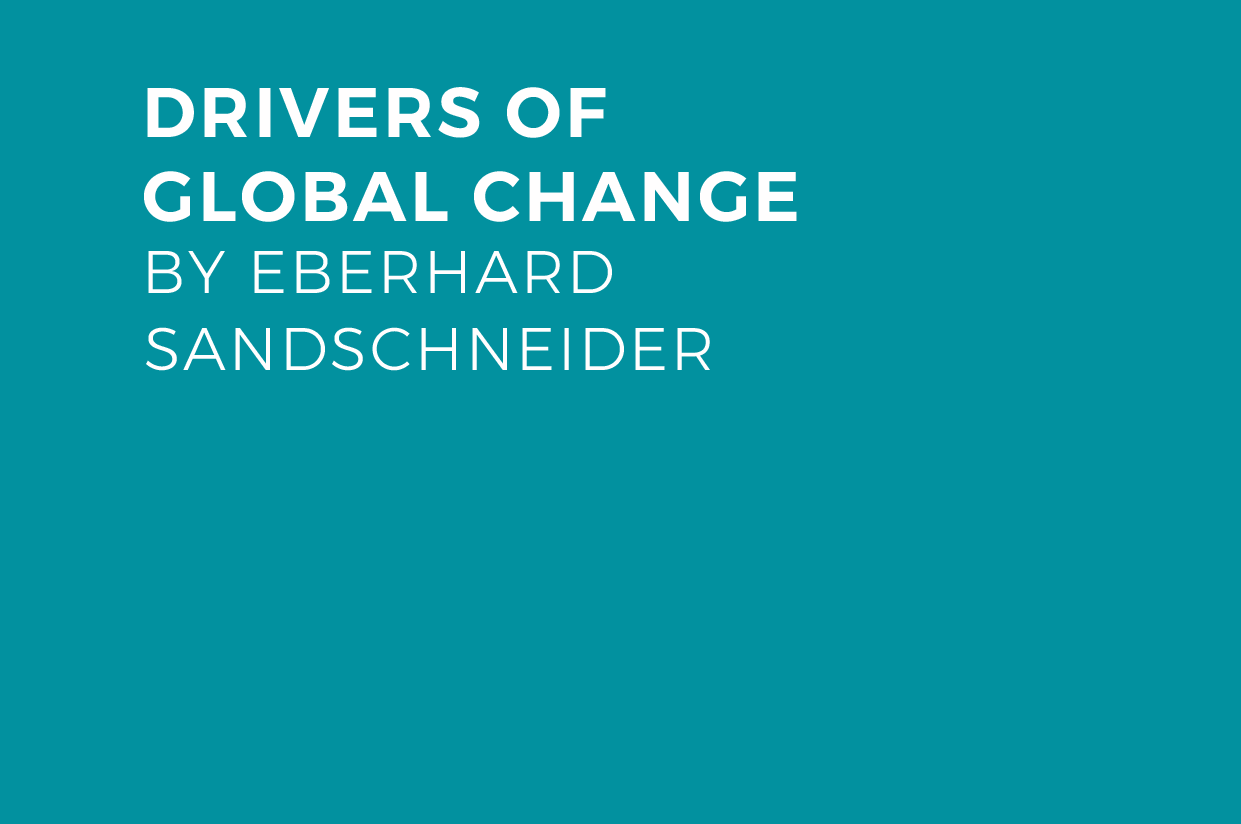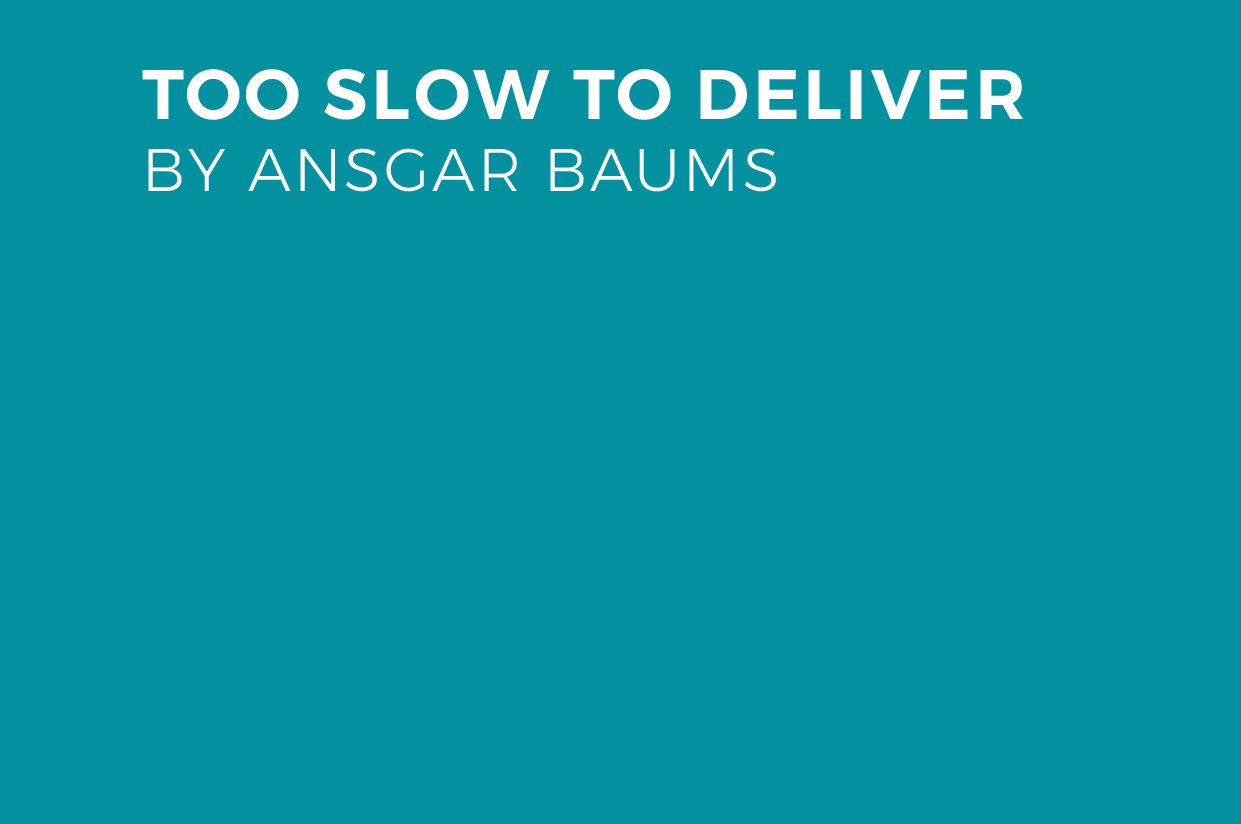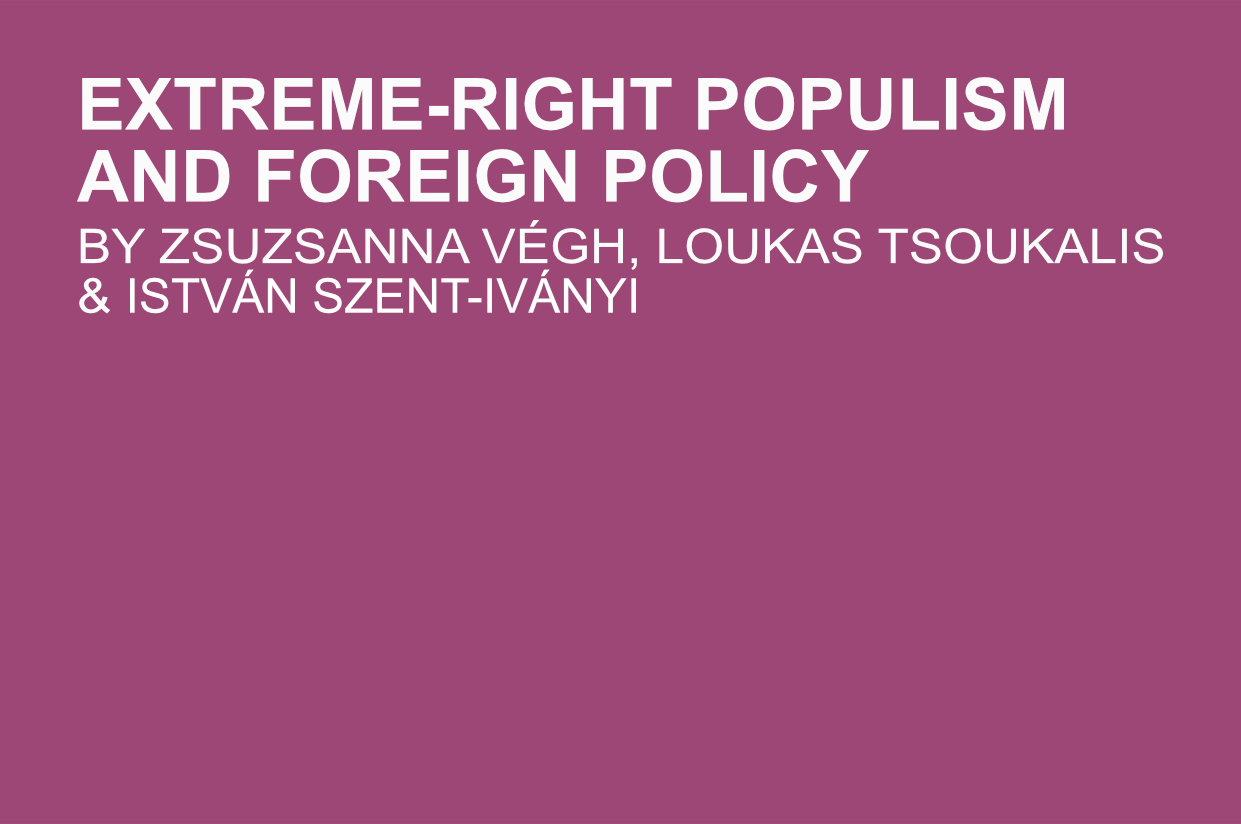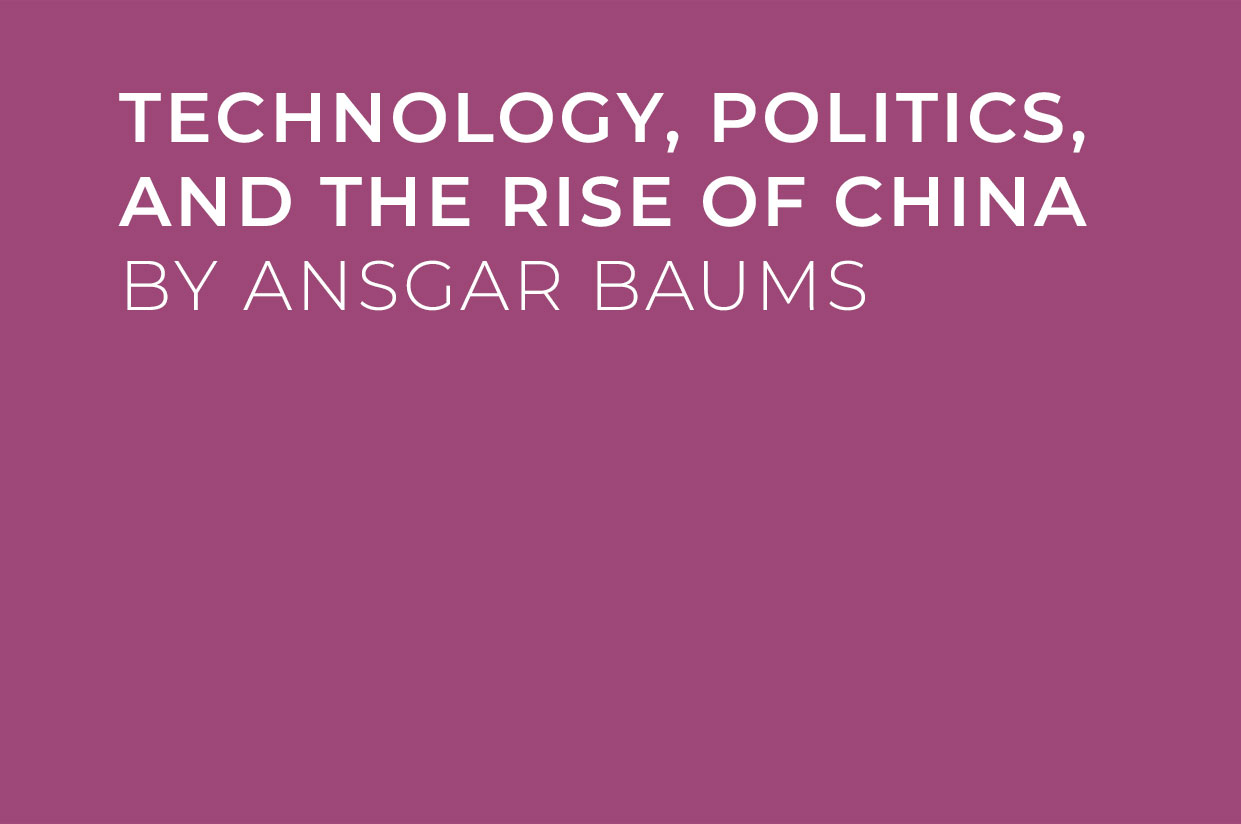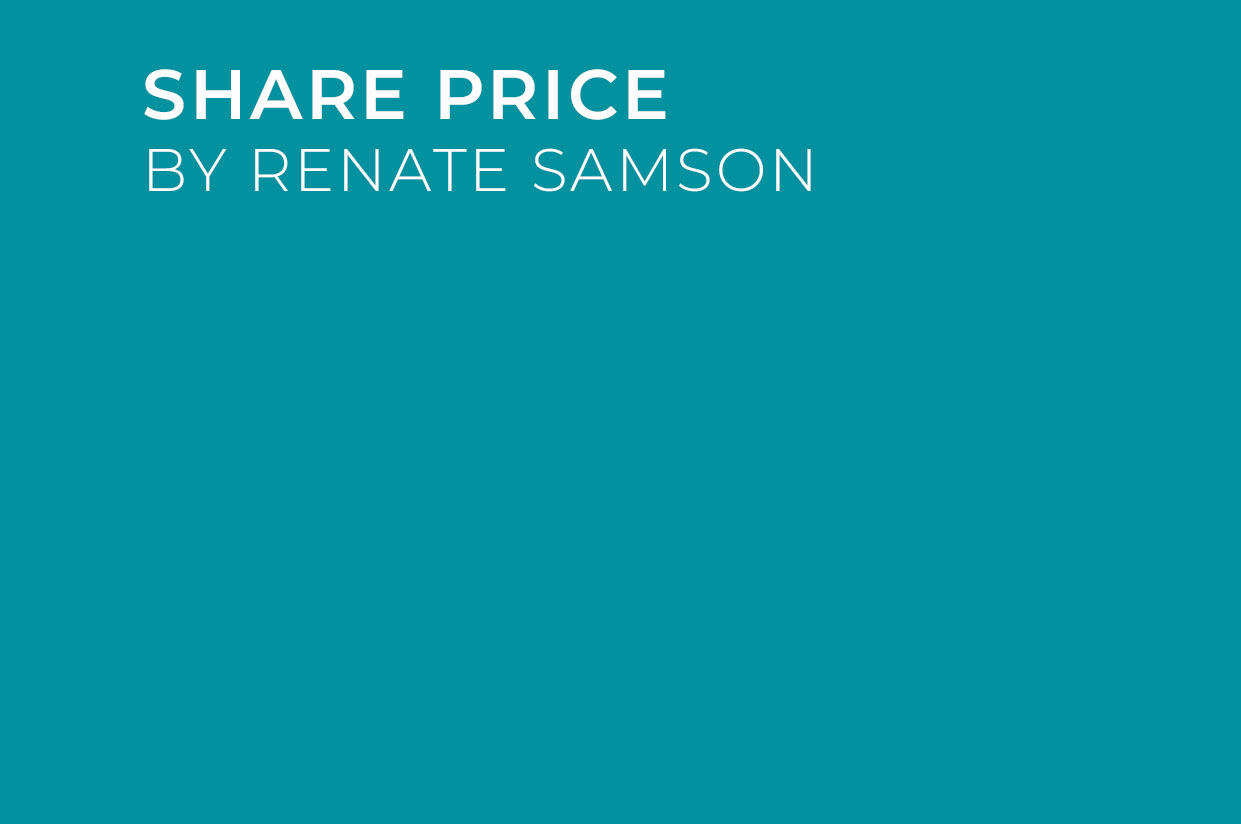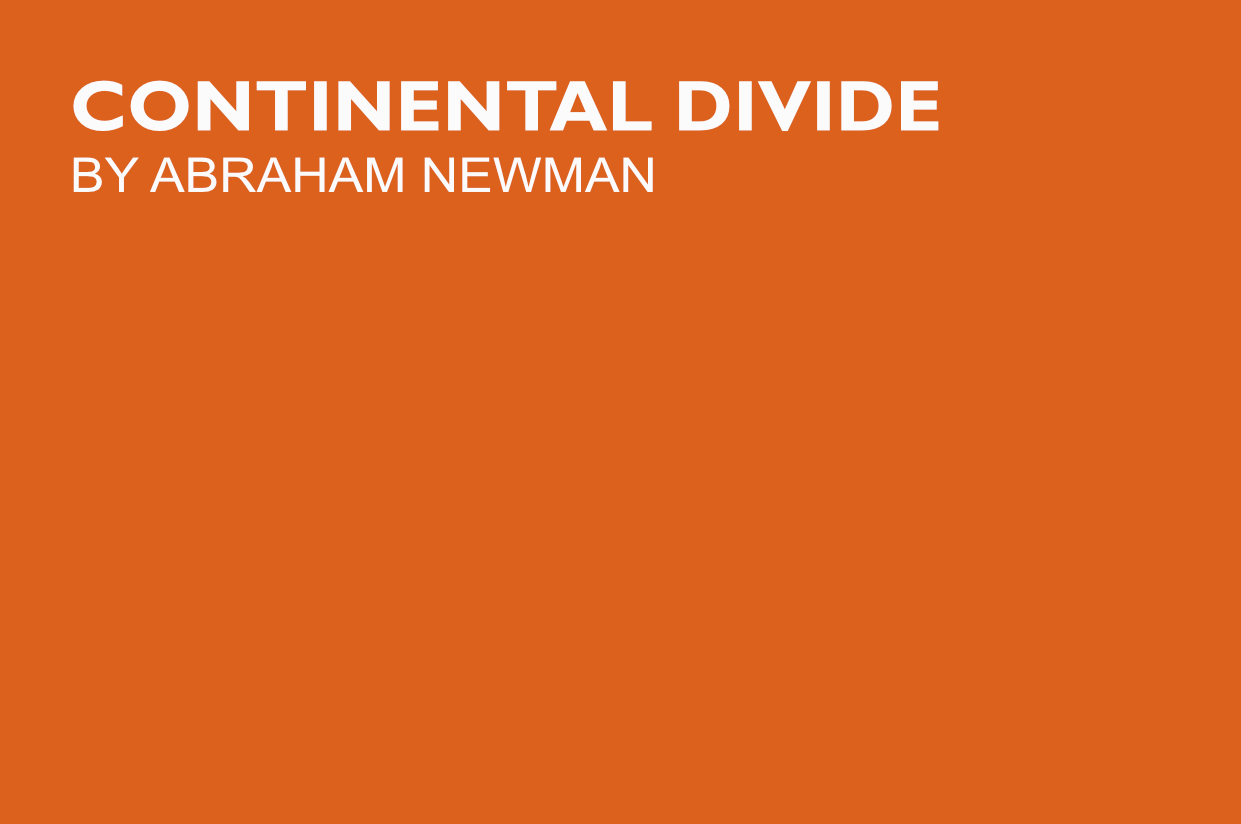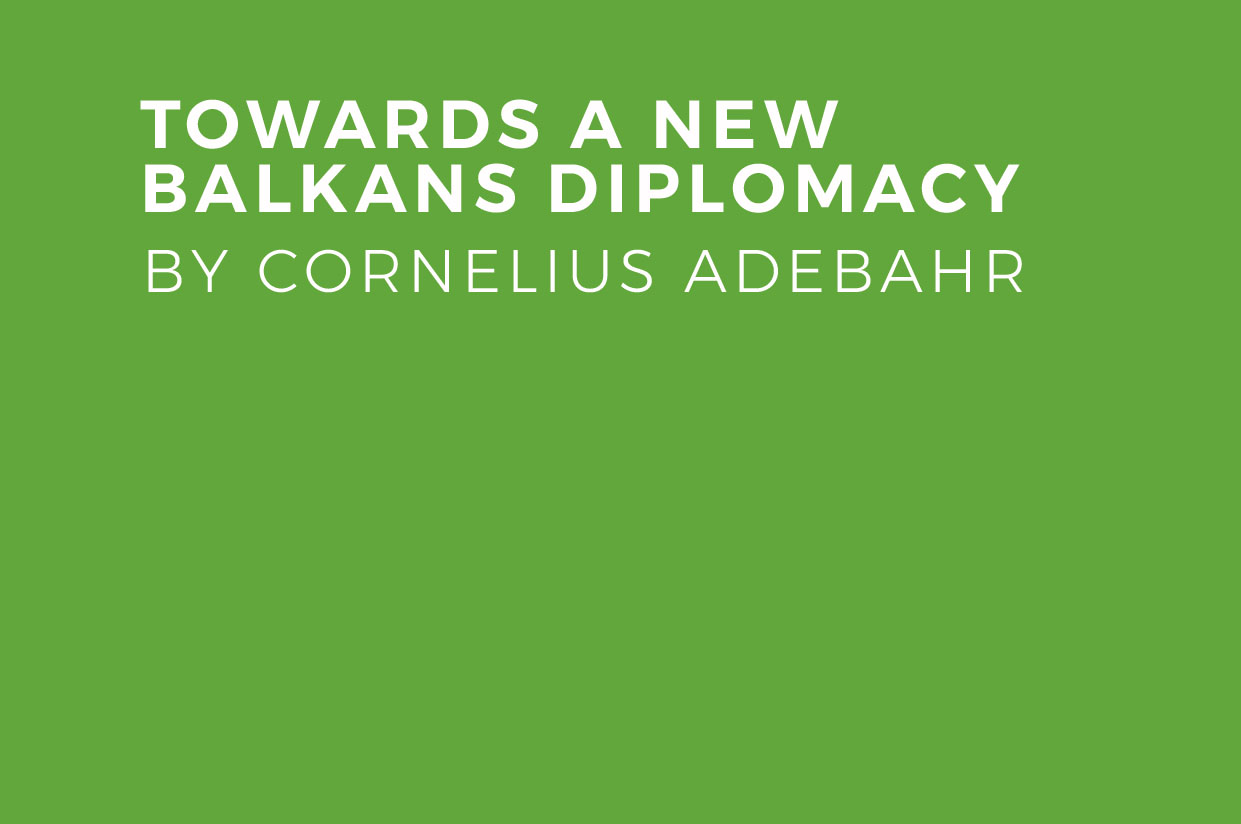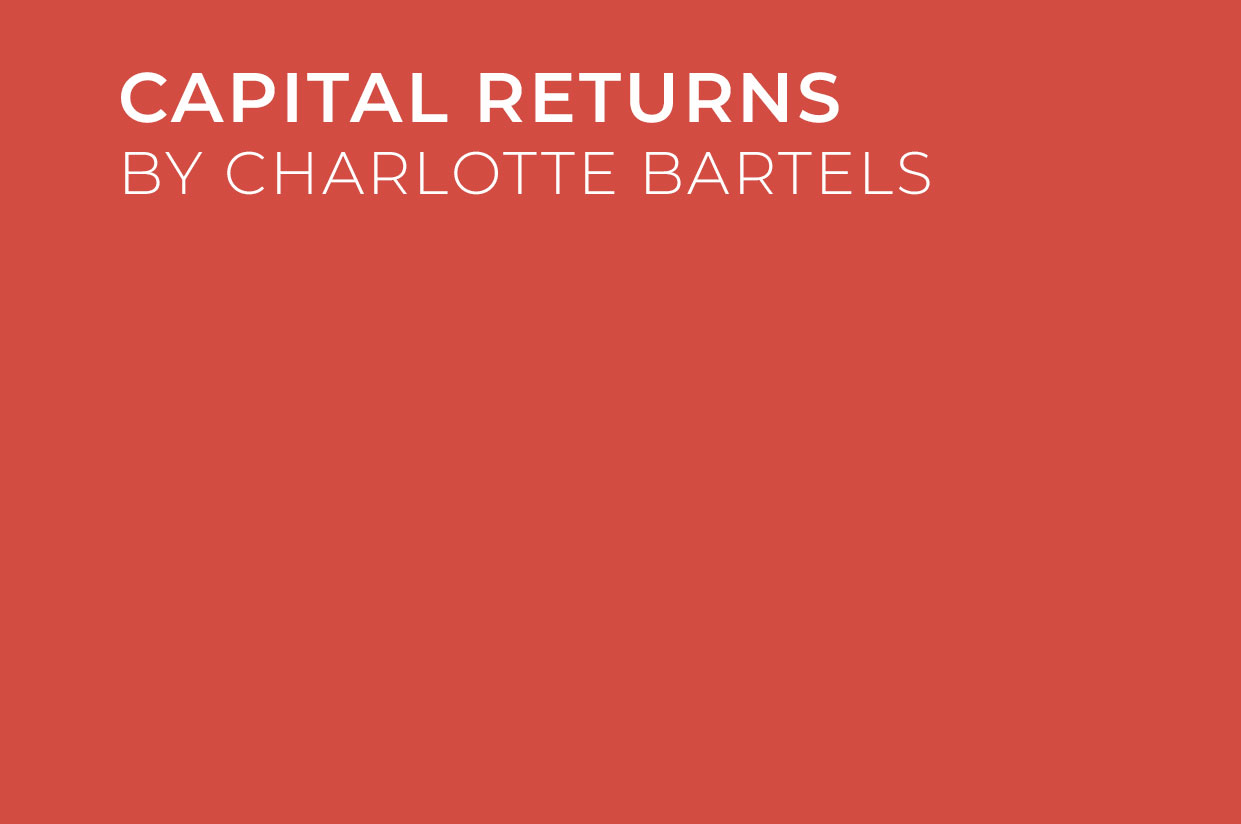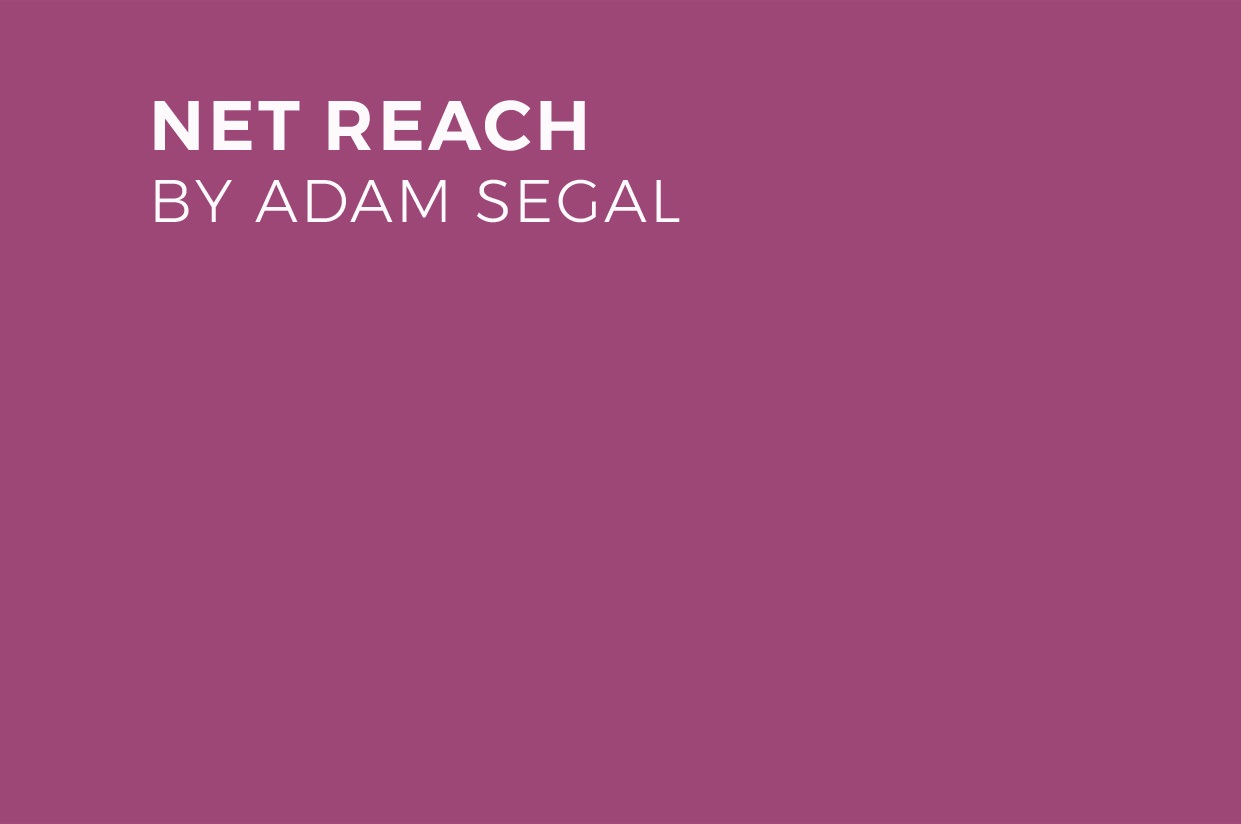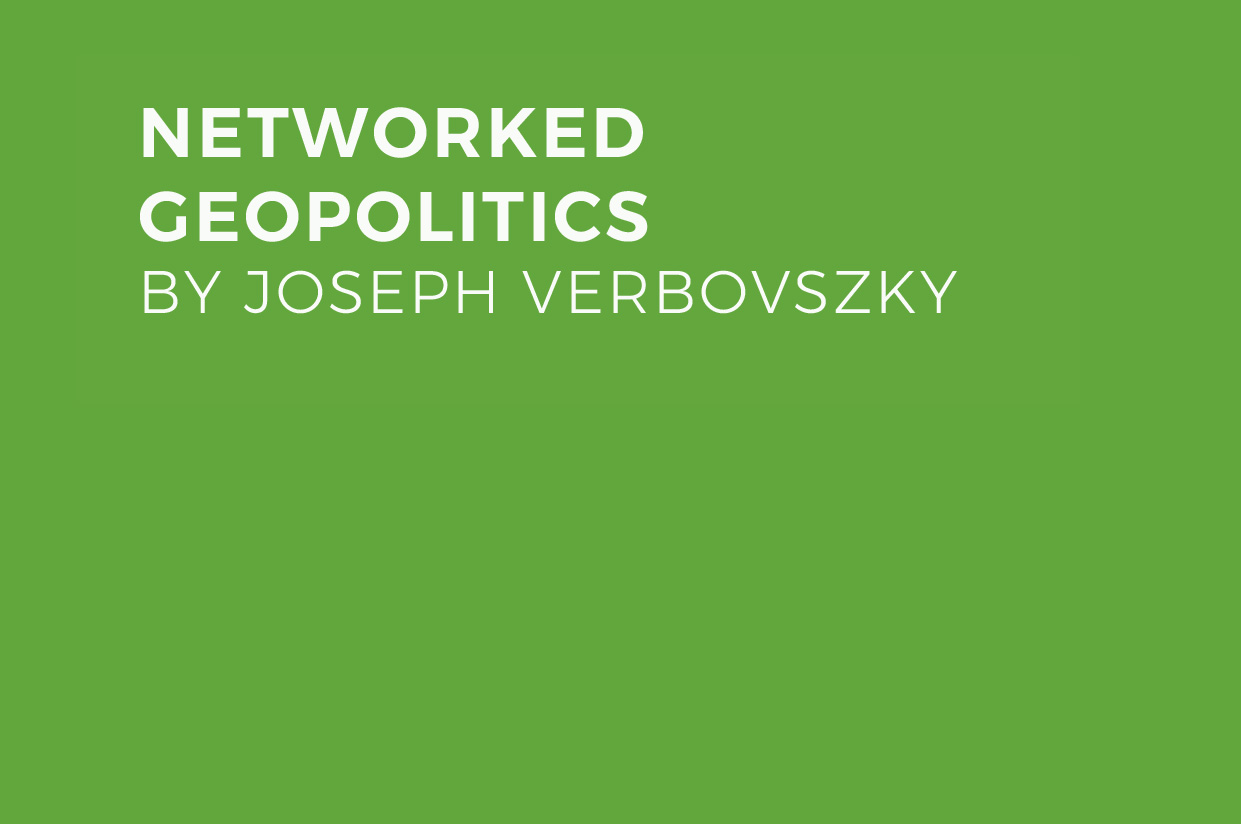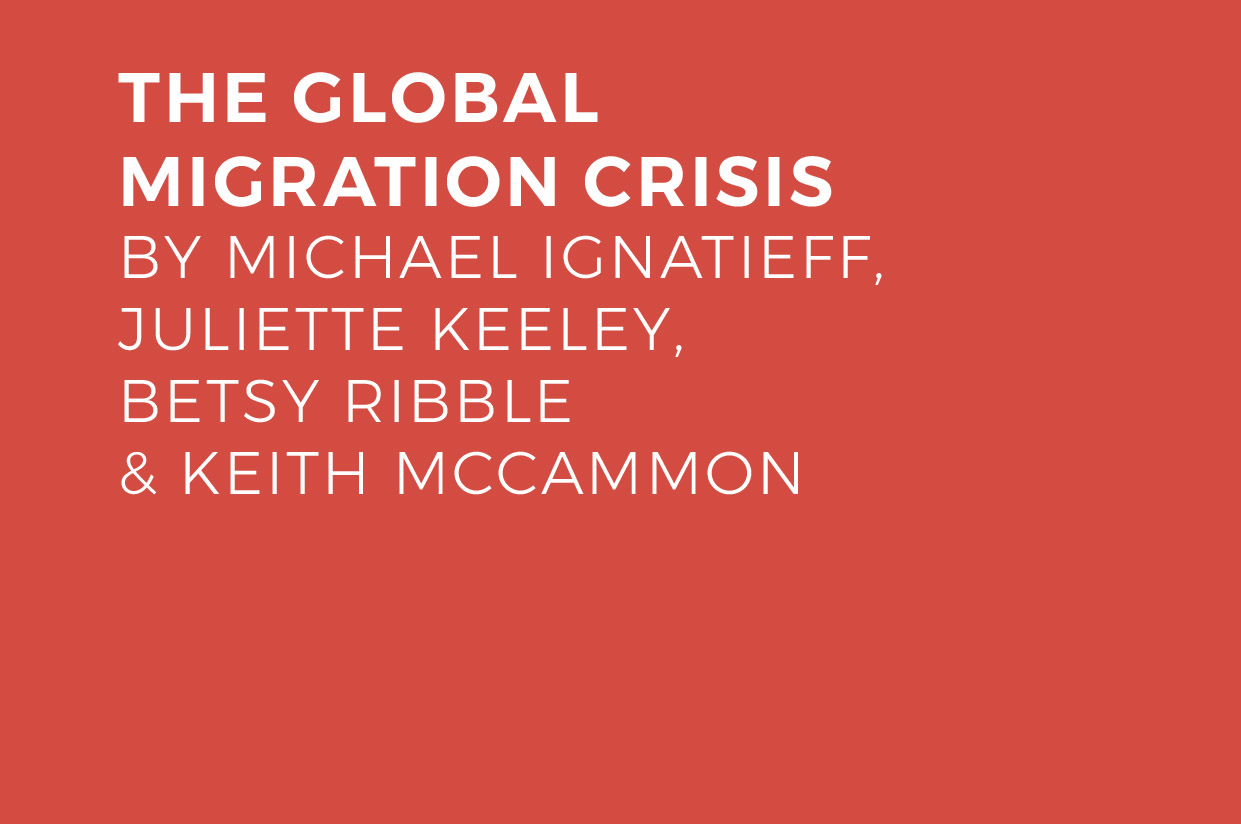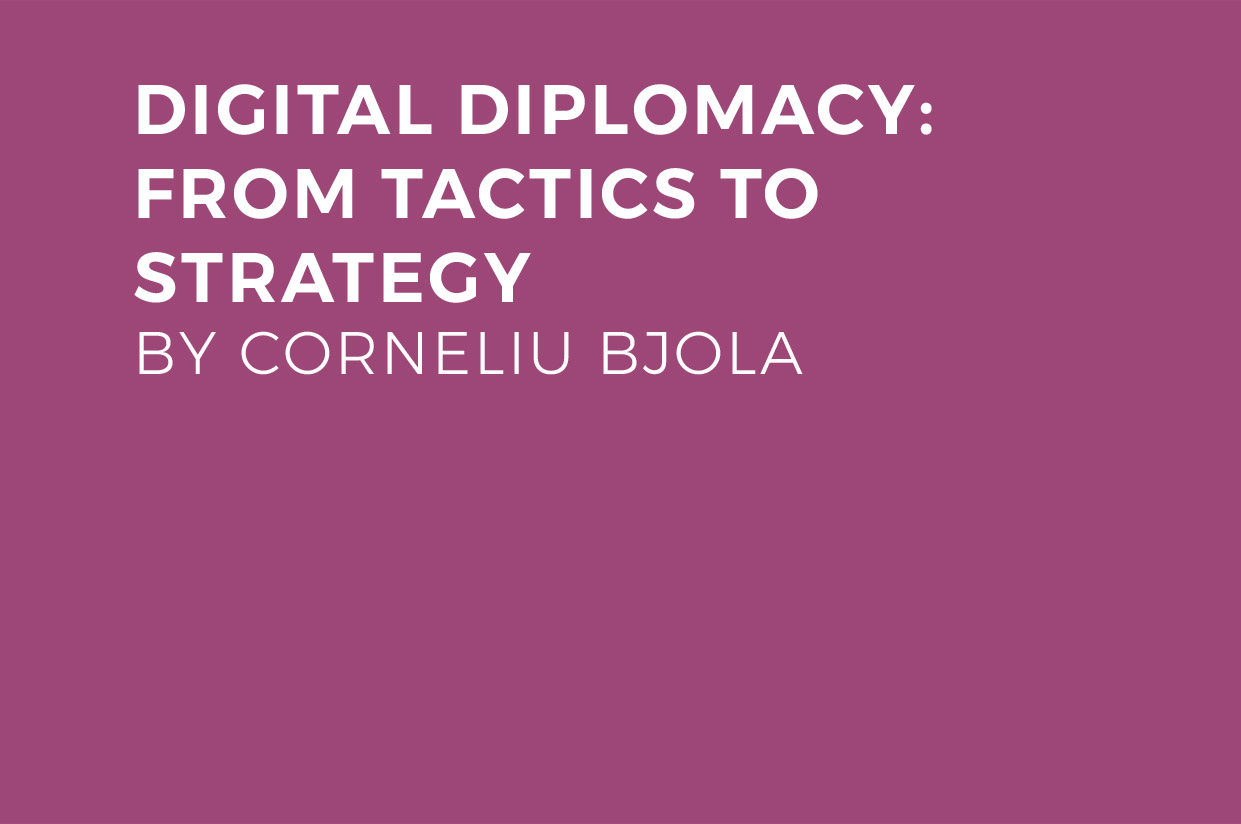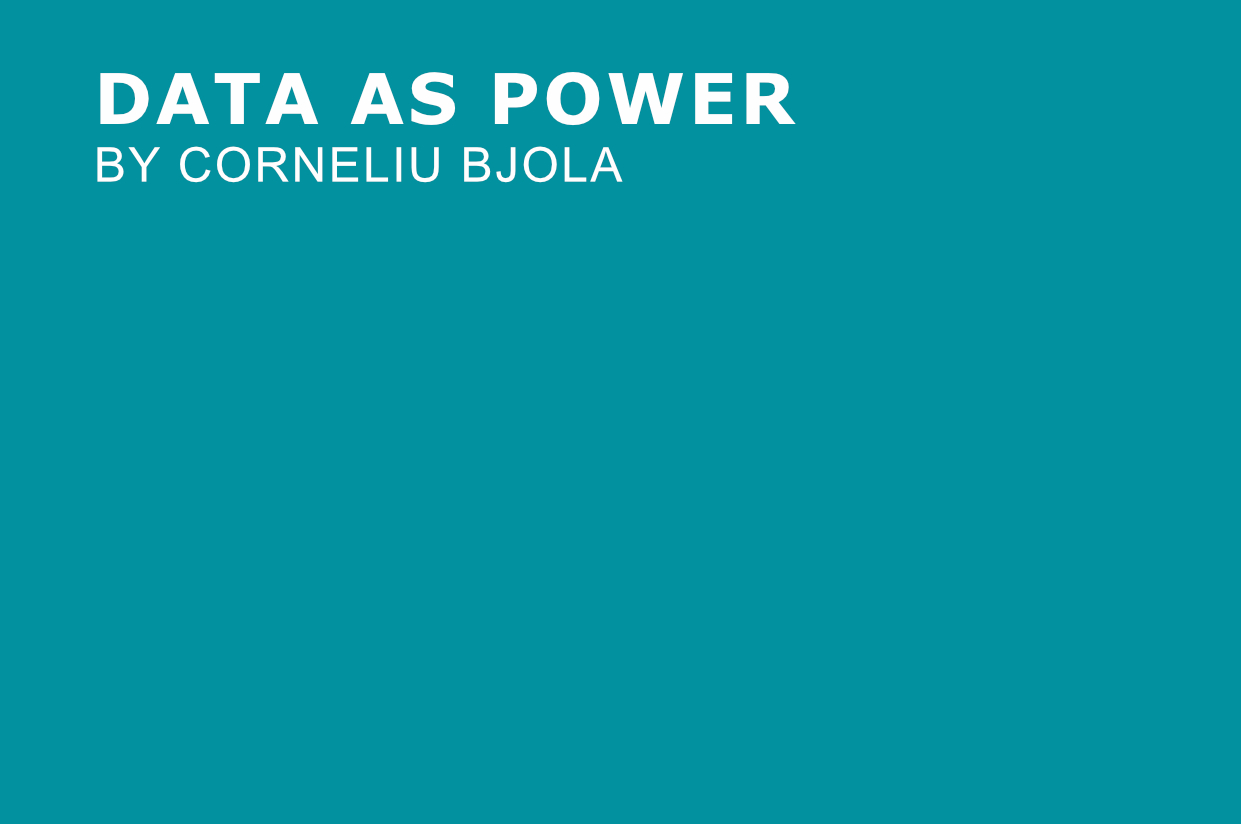
Economics, Values, and Influence
Steering the course of the green transition
By Anne-Marie Grossmann
German chancellor Olaf Scholz’s “interdependence without dependence” is a double-edged sword. Nations have always needed, and will continue to need, partners and alliances; this is especially true in a decoupled, fragmented world. Cultivating these connections requires active care, development, and engagement. And forming an alliance is not possible without recourse to common rules or values as conditio sine qua non. Rather than being confronted with set rules and norms, we should be the ones connecting dots and waving our way forward.
On the whole, global competition and free trade allow us to reap advantages we would otherwise not enjoy—namely a broad and affordable variety of goods and services. Our advanced standard of living makes us dependent on the global system of division of labor and trade. But as we have recently seen in Germany dependence on Russian energy supply, relying too strongly on a single partner, in either supply or sales, provides an unwanted dependence. This can lead to blackmail, and it can undermine our values, especially if no common rules have been established.
Successful industrial development during the second part of the last century turned Germany into a strong trading partner for many countries. We exported cars, equipment, chemical products, and machines, while at the same time importing raw materials and digital goods. German business, supported by German politicians, weaved a global web of partners across the world. Its competitive advantage, through high productivity and German Ingenieurskunst, transformed the country into a welcome supplier of goods. Germany continues to benefit from this development, as seen in its positive trade balance and high demand for its goods throughout the world. And as a second-generation managing director of GMH Group, a family-owned producer of low-CO2-footprint “green steel,” I expect this to continue even in a fossil-free future.
German business, supported by German politicians, weaved a global web of partners across the world. Its competitive advantage, through high productivity and German Ingenieurskunst, transformed the country into a welcome supplier of goods.
In the past, Germany maintained strong ties that supported its rise and importance in the world. For inner security, the country mainly relied on its main transatlantic ally, the United States. China is Germany’s most important trading partner today. And from Russia, even in March and April 2022, Germany imported almost half of its gas needs and sizable portion of our oil. Not all partnerships were to our advantage or subscribed to Western liberal values.
In a market economy, only markets, not government plans, determine what goods will be produced, and under what conditions, set by the producers themselves—whether these are labor costs and conditions, environmental regulations, or tax regimes. GMH Group has strong relations with partners across the world, serving customers in East Asia and North America. While this global web provides for healthy long-term partnerships, “Wandel durch Handel” (change through trade) can only be possible if we follow our principles. Creating a global network based on common values and shared rules for fair, sustainable international trade requires consistency, clarity, and diligence. And a strong, multi-nodal network will not break down if one node must be removed.
German foreign policy and economic success: Watch out!
The outbreak of coronavirus, in 2020, caused German GDP to plummet by five percent. The breakdown of global supply-chains and implementation of sanctions proved to be a specific burden on Germany’s exports and domestic production. To this day, both Germany and the European Union bloc are struggling to regain economic footing. Whereas China and the US are projected by the IMF to grow annually by 3.4 and 2.1 percent by 2028 respectively, the EU and Germany are expected to grow more moderately, at 1.7 and 1.1 percent.
Germany needs economic growth based on stable and predictable domestic policy. This is the government’s task, but it also strongly depends on domestic industry, which offers job security to a large workforce and provides wealth through wages and profits. If national priorities change from enabling economic growth to focusing exclusively on elimination of fossil fuels, this, in my view, would lead to instability in both Germany’s economic and political systems.
Production in our steel mill may serve as a good example: The parallel exit from fossil fuels and nuclear power led to a massive increase in electricity prices – a main component in the production of steel based on recycling (using recycled scrap rather than iron ore). Today we pay roughly 2.5 times as much for energy as our US competitors. Chinese energy prices are also considerably lower than in Germany. The result is that German and European steel mills have a high risk of losing competitiveness and thereby production, which could result in increased supply coming from countries with notably worse ecological performance (so-called carbon leakage). German and European standards can only be meaningful if all market participants have to follow the same rules. That means, for example, if a CBAM (carbon border adjustment mechanism – a tax related to a product’s carbon-footprint) is put in place, it needs to be followed Europe-wide. It remains to be seen if decision-makers at the WTO would allow for that. If companies making basic materials can no longer afford to produce in Germany, this will increase Germany’s reliance on international trade and therefore hamper our position globally.
German and European steel mills have a high risk of losing competitiveness and thereby production, which could result in increased supply coming from countries with notably worse ecological performance.
Capital flows need some security in their returns, and the current landscape in Germany and Europe is not as investment-friendly as the US. We have long established, bureaucratic processes – e.g. in the approval of renewable energy systems or the expansion of climate-friendly production. We need to keep reducing the time span required to implement an investment in order to make investment into Germany and Europe more attractive and therefore to retain bright minds and capital within our borders. Only if Germany manages to be strong domestically with widely shared economic prosperity, and to retain competitive production nationally will it be able to decide which norms and values are the base of its international relations.
Energy policy is the deciding factor of Europe’s future
Energy runs the global economy. Without energy, the modern world is not possible. The costs of energy generation and provision varies across the world. For us, the production of energy needs to be sustainable and green – but also safe, reliable, and, most importantly, competitive. Otherwise, energy-intensive production will move to parts of this world with cheaper energy, and Europe will lose its economic positioning and the ability to promote its shared norms and values.
The price of energy is a decisive factor not just for citizens to heat or cool their homes or power their appliances, but also to keep the world going. Unfortunately, the current energy policy of the European Union is neither aligned nor in the common interest of promoting shared freedom. The problem is that the price of energy depends on production costs and availability. In Germany, we lead the world not only in tax rates, wages, and bureaucracy, but also in electricity prices: in June 2022, Germany’s Household electricity price was around three times the US price and around seven times that of China. Household energy consumption in the US is around three times that in Germany. Only increased domestic production or competitive imports from partners adhering to aforementioned values can provide a remedy to this problem. Energy production needs to be “green” – and, unfortunately, the production of green energy varies greatly even within Europe: Where in France nuclear power provides for green base-load energy, in Germany this option has ceased since the nuclear phase-out.
In the end, Germany needs to increase its supply of green energy and thereby lower prices. Until the country has enough green energy, however, it is important to remain competitive in energy costs so that the “sustainable” production of goods does not leave Germany and Europe, substituted by carbon-intensive products from elsewhere. Managing the problem of green-energy production in Germany and Europe will allow energy-intensive base materials, chemicals, steel, and related products to be produced within our borders. Doing so will make it far easier to ensure adherence to the values of sustainable production, responsible consumption, and social equality.
Anne-Marie Grossmann is a managing director of GMH Group, one of the largest privately managed metalworking groups in Europe.


